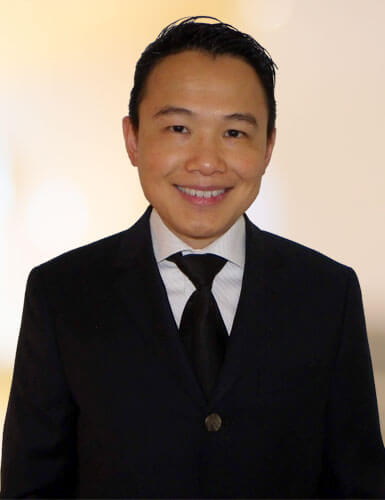Dental Care before Cancer Treatment in Barrie
Posted: May 29, 2013
Last Modified: December 14, 2018
In Barrie, we are lucky enough to have the Simcoe-Muskoka Regional Cancer Centre at RVH, part of a large expansion of the hospital as a whole. This means convenient access to oncology care for citizens of this region. However, RVH oncology does not have its own in-house dental clinic, so people requiring pre-oncology dental care will need to seek the services of a local dentist. Read on to learn more about why dental care before cancer treatment is important, and what types of dentistry are typically expected.
Pre-oncology dental care is aimed at primarily avoiding infection in the future, and it is usually time-sensitive, so it is a bare-bones, no-nonsense approach to managing your teeth and gums. There is little to no focus on esthetics, TMJ /jaw issues, replacement of missing teeth, or any of the more elective options usually open to the general dental population.
Why is oral care so important prior to cancer care?
Cancer care will often involve chemotherapy or radiation. In the case of chemotherapy, the infusion of agents is aimed at killing off the rapidly-growing cancer cells. As a side effect, immunosuppression leaves one with a temporarily ineffective immune response. Any latent infection that may have been kept down to a mild annoyance is suddenly unchecked, and can progress to a fast-growing and dangerous abscess that may not be manageable with antibiotics. A dental infection can get so large that chemotherapy may need to be stopped, thus worsening the quality of cancer treatment. Either way, there is significant risk with either the infection or the cancer which is now not being managed properly.
In the case of radiation, in particular radiation to the head and neck, there are additional considerations. Radiation to the jaws will create areas of bone where the blood vessels have been killed off (osteoradionecrosis). Although the bone is still there, it will have no healing power so any surgery (like a simple tooth extraction) can potentially develop into a dangerous bone infection (osteomyelitis). If oral surgery is required, it is much better to be done with it prior to radiation than risk it afterwards. Hyperbaric oxygen is a hassle that we would all prefer to do without.
Radiation to the head and neck can also have lifelong implications for your teeth. We have written about the extremely protective effects of saliva before, and salivary glands in the path of radiation may be damaged beyond repair. This can leave one with dry mouth (xerostomia) for life, which is not only very uncomfortable, it places the teeth at much higher risk of dental decay. Cavities are much more likely to develop, and when they do, they are much more aggressive. If we are anticipating dry mouth in the future, it is wise to take preventive steps with things like high concentration fluoride, Prevora application, and of course plenty of oral hygiene advice.
My teeth are not bothering me now, why do I need them checked?
We’ve also written here about the importance of not waiting until something hurts. Commonly, dental problems are painless until the very late stages (when it’s too late but for the most extreme solution). Infections that are chronic in nature are typically not felt, and potential infections may develop into something nastier. From our perspective, prevention is key, and it all starts with being able to predict problems instead of managing them once they occur.
So what kinds of treatment would be involved?
In a nutshell, basic, basic dentistry. There is not much time that should elapse between a diagnosis of cancer and the treatment, so the dentistry needs to be done in a hurry. This means:
– thorough examination to determine what problems exist
– thorough hygiene (cleaning) of the teeth to prevent gum infections
– filling of cavities that are restorable
– extraction of teeth that are non-restorable
– root canal treatment of teeth if feasible, otherwise a preference for extractions
– preventive measures at the end, such as dental trays for fluoride
– Prevora to offer additional caries (cavity) protection
So as you can see, nothing glamorous but all very serious. Dentistry is part of a supportive team to get a patient through cancer treatment uneventfully. Please contact us if you have questions about this, or just want an overall examination! We would love to be your dentist in Barrie.


